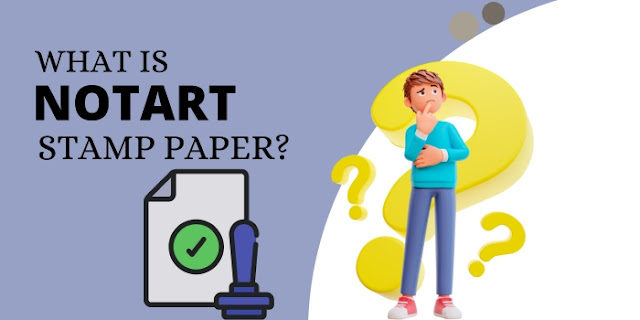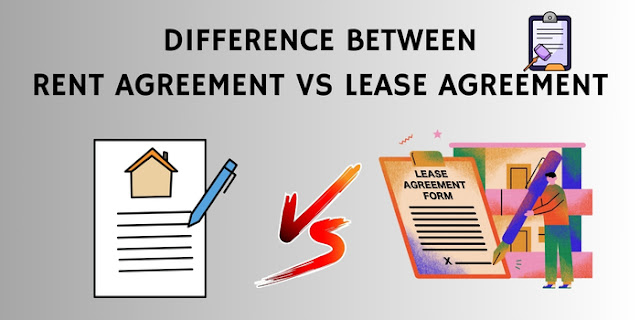Why Do You Need an MOU Agreement?
A Memorandum of Understanding (MOU) is a crucial document in the business world and other areas of collaboration. Whether you're forming a partnership, entering into a joint venture, or simply outlining the terms of a new business relationship, an MOU serves as a preliminary agreement that sets the foundation for future, more detailed contracts. This blog will explore why an MOU agreement is essential, its benefits, and when it should be used.
Understanding the Memorandum of Understanding (MOU)
An MOU is a non-binding agreement between two or more parties that outlines the basic terms and conditions of a proposed relationship. Unlike a contract, which is legally binding, an MOU is generally considered a more flexible and informal document. However, it still holds significant weight as it reflects the intentions and expectations of the involved parties.
Key Features of an MOU:
Outlines the roles and responsibilities of each party.
Sets the basic terms and conditions of the agreement.
Establishes a timeline for the agreement.
Includes confidentiality clauses, if necessary.
Serves as a reference point for future negotiations.
The Importance of an MOU in Business Transactions
In business, clear communication is critical. An MOU helps ensure that all parties involved are on the same page before moving forward with more formal agreements. It helps prevent misunderstandings by clearly laying out the expectations and responsibilities of each party.
Benefits of Using an MOU:
Clarity: An MOU clarifies the roles and obligations of each party, reducing the risk of future disputes.
Flexibility: Being non-binding, an MOU allows for adjustments and changes before the final contract is signed.
Foundation for Negotiation: It serves as a basis for further negotiation, ensuring that all parties have a shared understanding of the proposed terms.
Time-Saving: By setting out the basics early on, an MOU can expedite the negotiation process and help avoid lengthy discussions later.
When to Use an MOU
An MOU is often used in the early stages of negotiations, particularly when the parties involved are not yet ready to commit to a legally binding contract. It is especially useful in the following scenarios:
Partnerships and Joint Ventures: When two or more businesses are considering a partnership, an MOU can outline the preliminary terms of the relationship.
International Agreements: MOUs are commonly used in international transactions where parties may be from different legal jurisdictions.
Government and NGO Collaborations: Government agencies and NGOs often use MOUs to establish the groundwork for collaborations on projects and initiatives.
Preliminary Business Negotiations: Before entering into a formal contract, businesses may use an MOU to establish the basic terms of their agreement.
Legal Implications of an MOU
While an MOU is generally not legally binding, it can still have legal implications. If the language used in the MOU is too definitive, a court may interpret it as a binding agreement. Therefore, it is crucial to carefully draft the MOU to ensure that it reflects the intentions of the parties involved.
Key Considerations:
Language: Use clear and precise language to avoid ambiguity.
Non-Binding Clause: Explicitly state that the MOU is non-binding unless the parties decide otherwise.
Confidentiality: Include confidentiality provisions if sensitive information is shared during the negotiation process.
Common Pitfalls to Avoid
Drafting an MOU requires careful attention to detail. Here are some common pitfalls to avoid:
Ambiguous Terms: Avoid using vague or ambiguous terms that could lead to misunderstandings.
Over-Commitment: Be cautious not to over-commit to terms that may be difficult to fulfill in the final agreement.
Neglecting Future Changes: Consider the potential need for changes and include provisions that allow for amendments to the MOU.
Conclusion
A Memorandum of Understanding (MOU) is a valuable tool in any business or collaborative relationship. It provides clarity, sets expectations, and serves as a foundation for more detailed agreements. While it is generally non-binding, it still plays a crucial role in ensuring that all parties are aligned before moving forward. By carefully drafting an MOU, businesses and organizations can avoid misunderstandings, save time in negotiations, and lay the groundwork for successful partnerships.
In the ever-evolving world of business, having a well-crafted MOU can make all the difference between a smooth, successful collaboration and a potential dispute. Whether you're entering into a new business relationship or formalizing an existing one, an MOU is a step that should not be overlooked.



